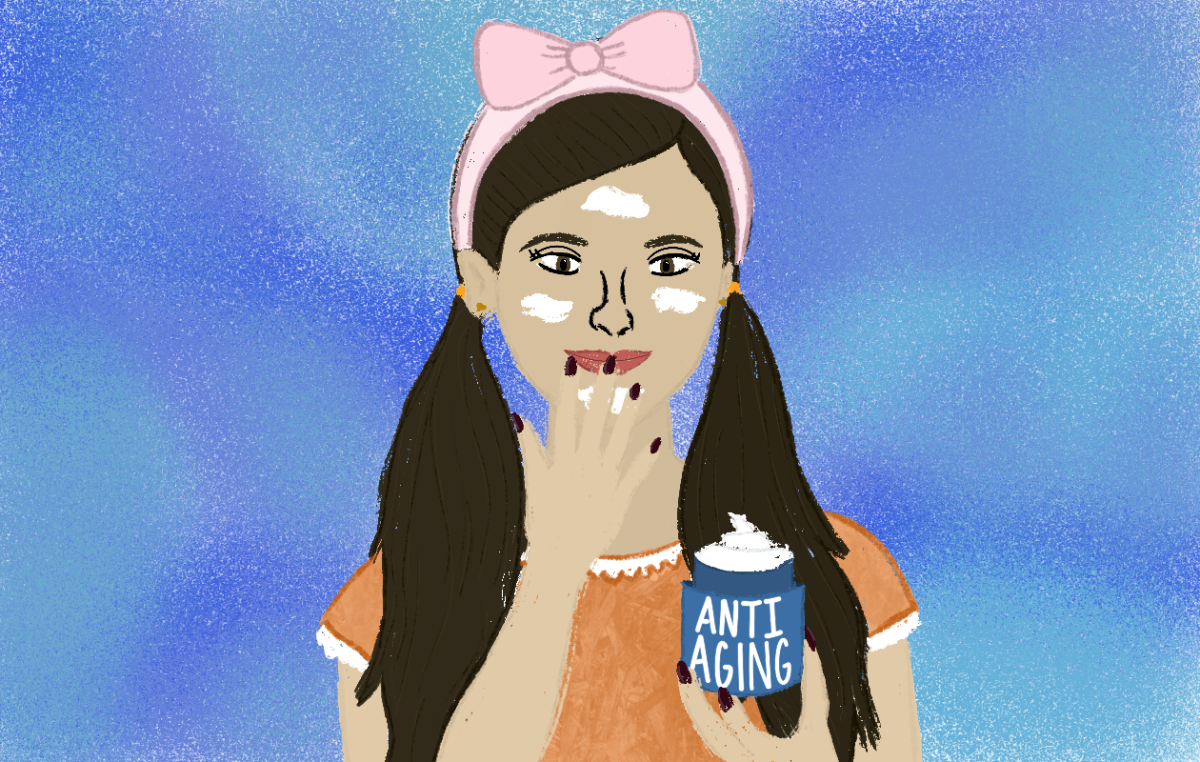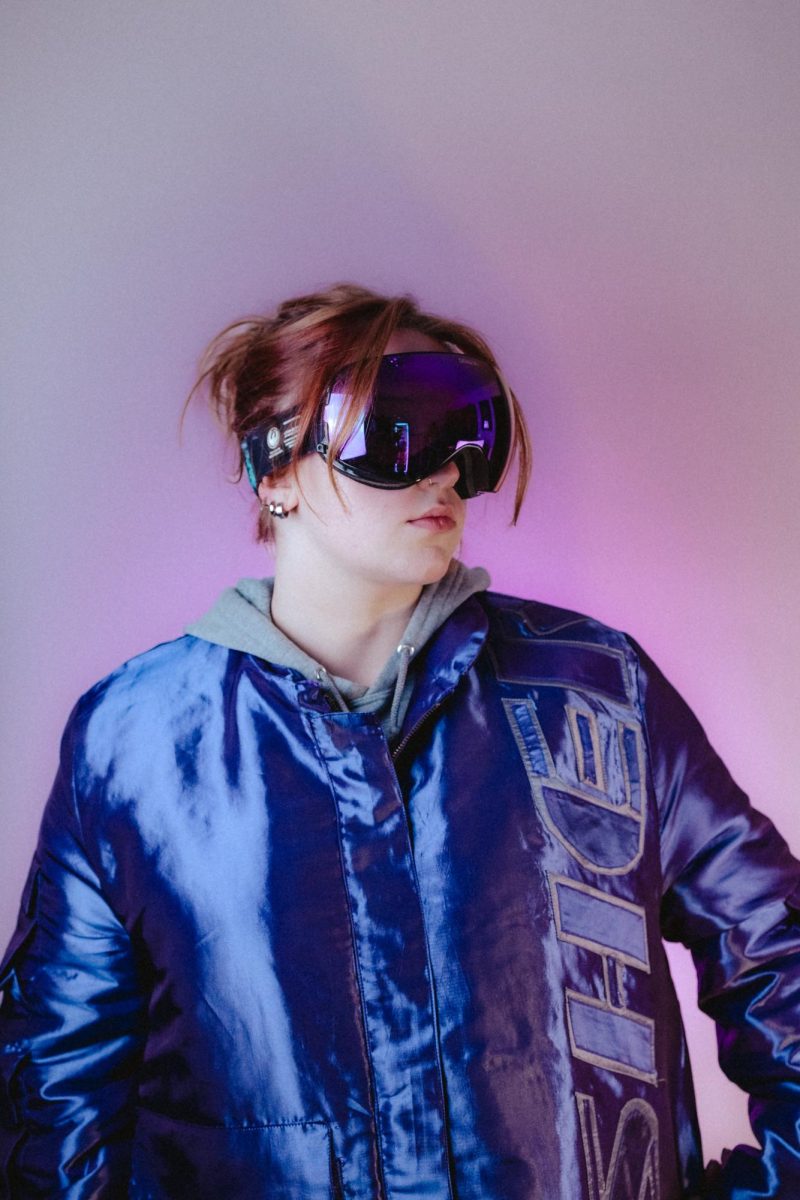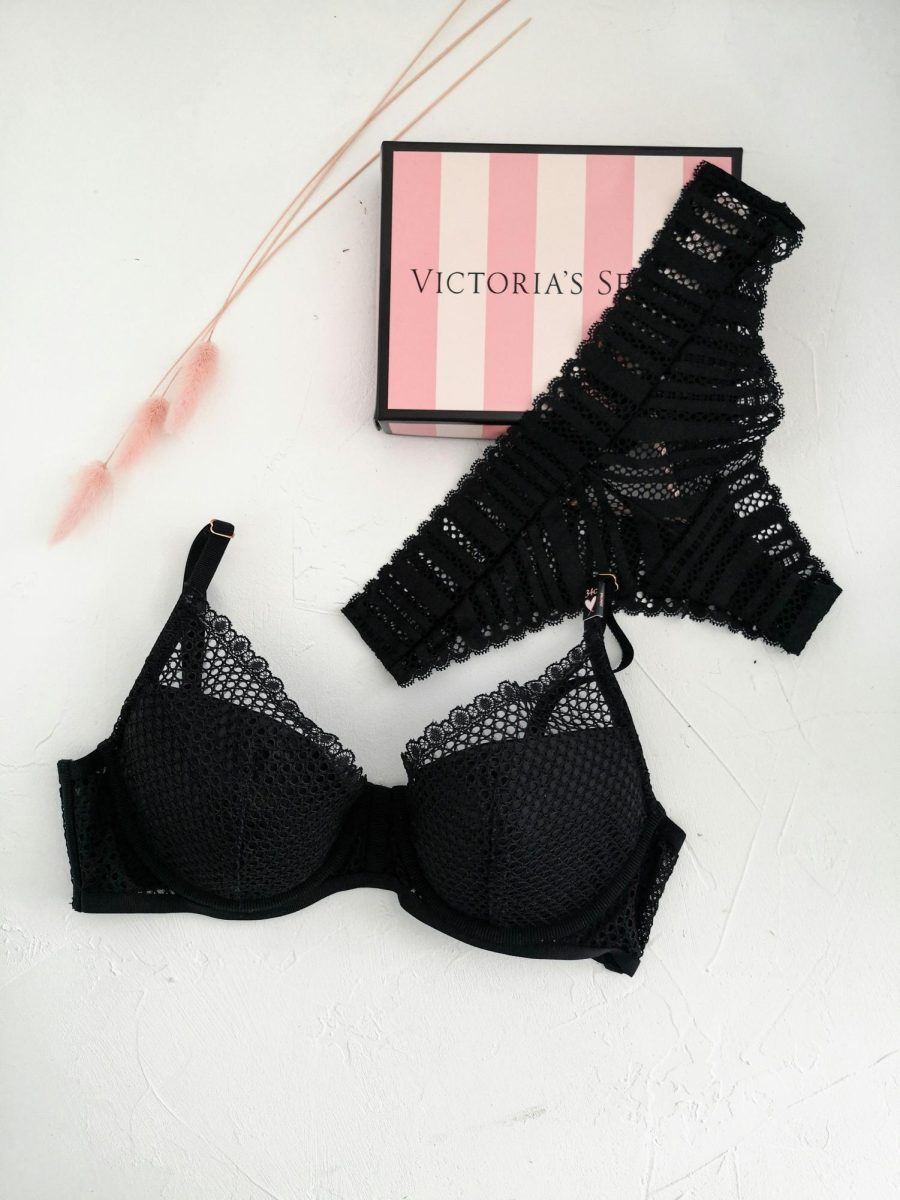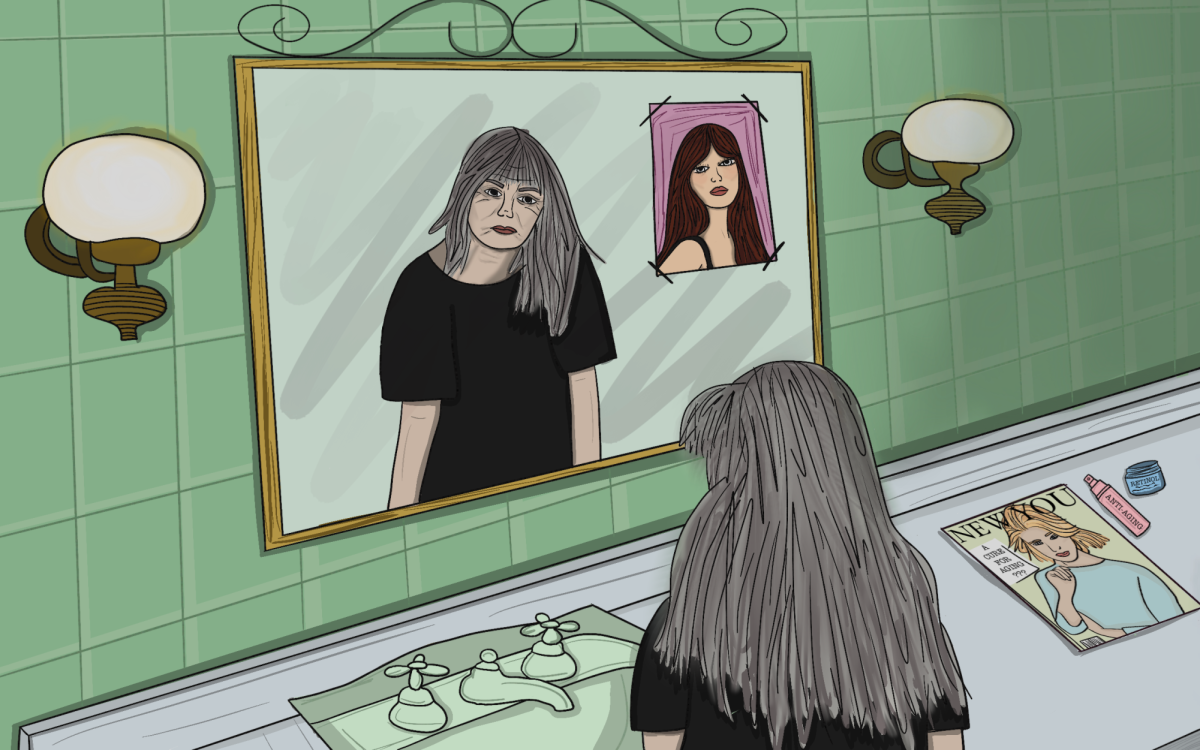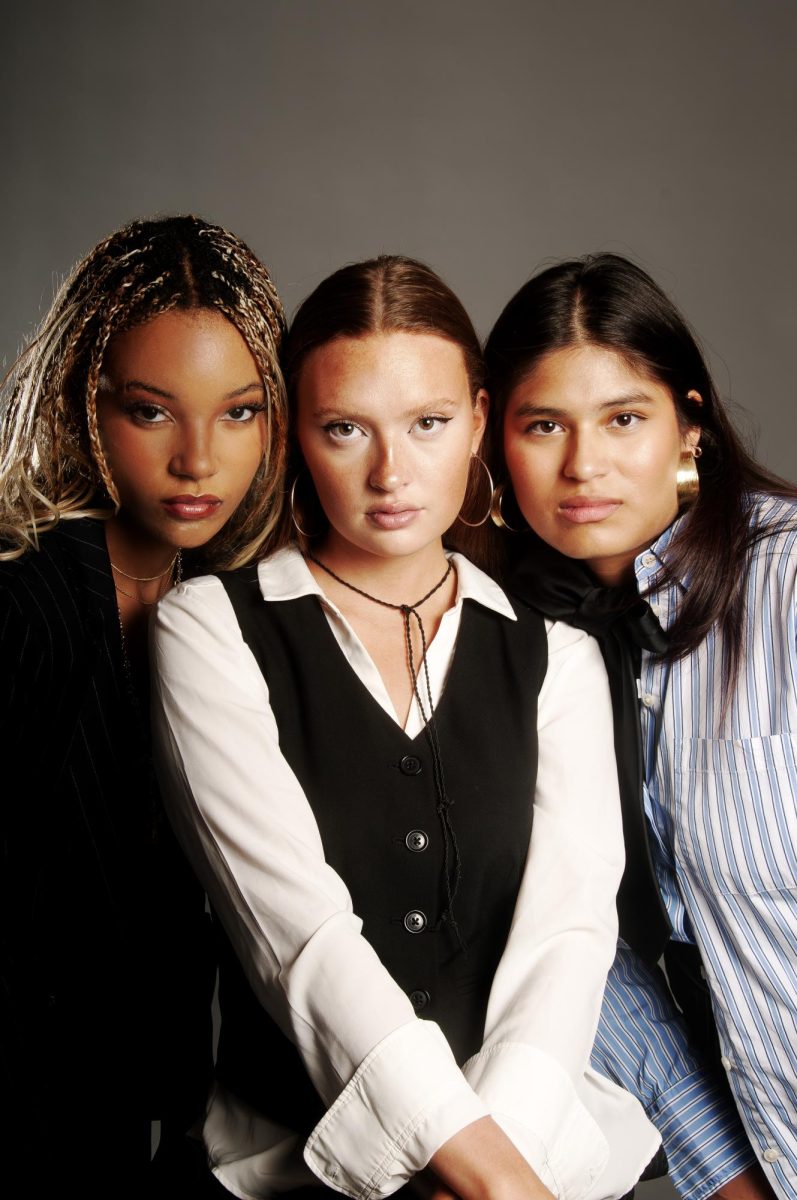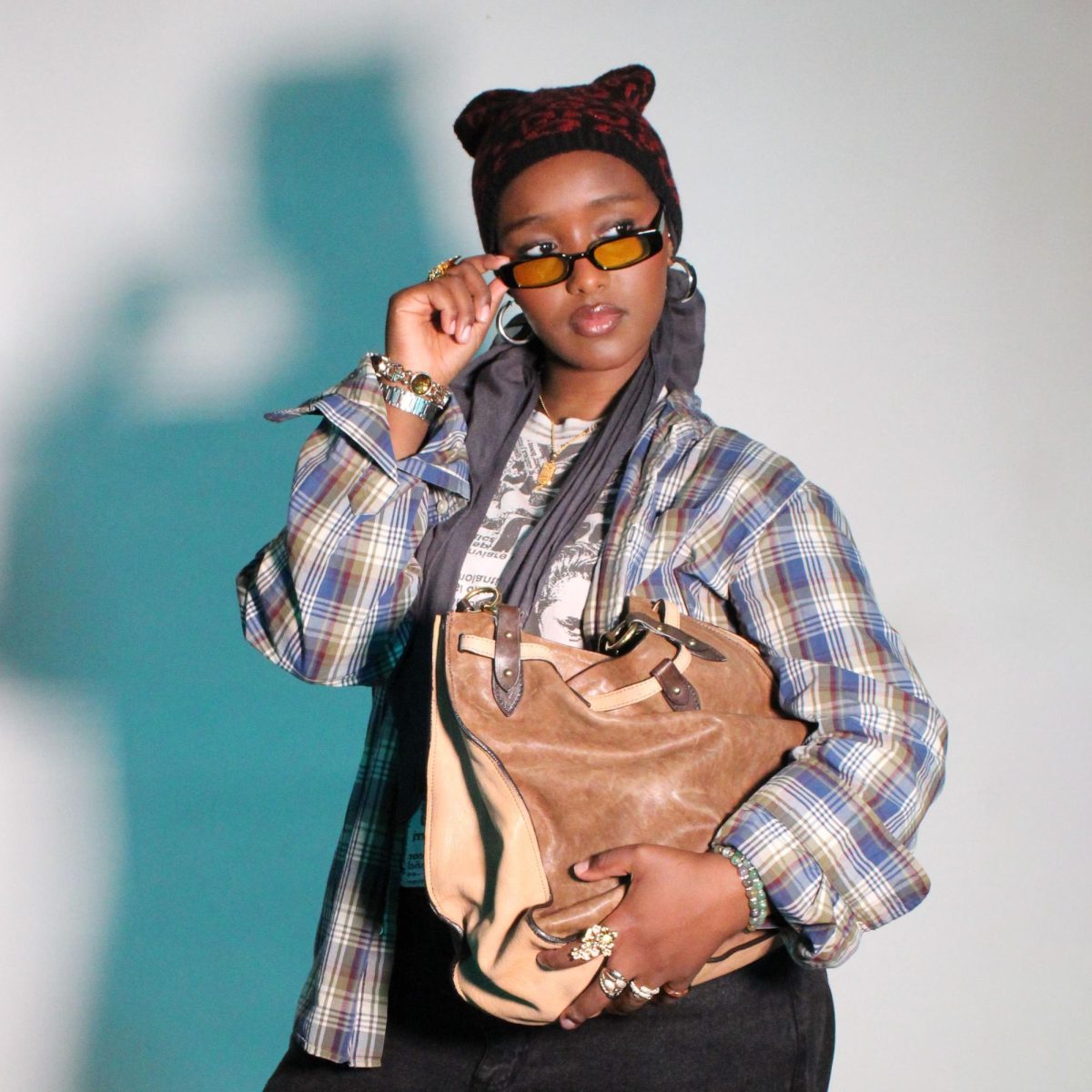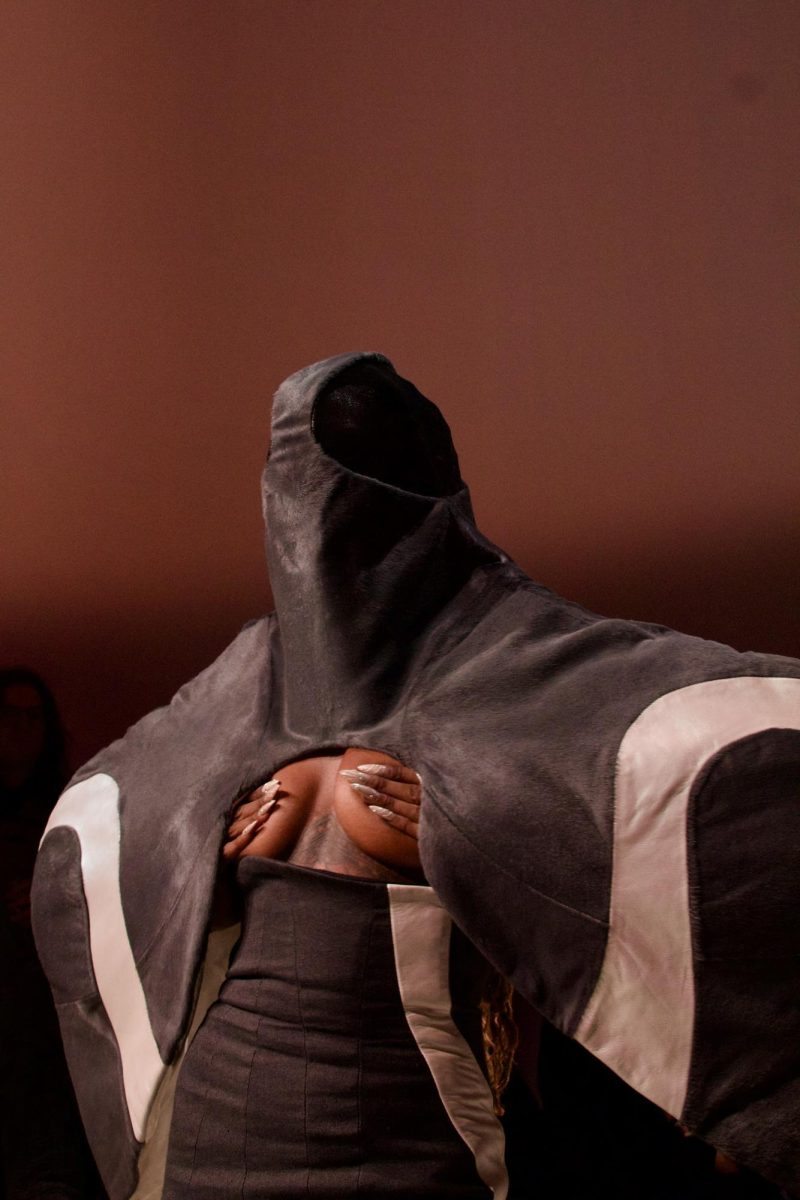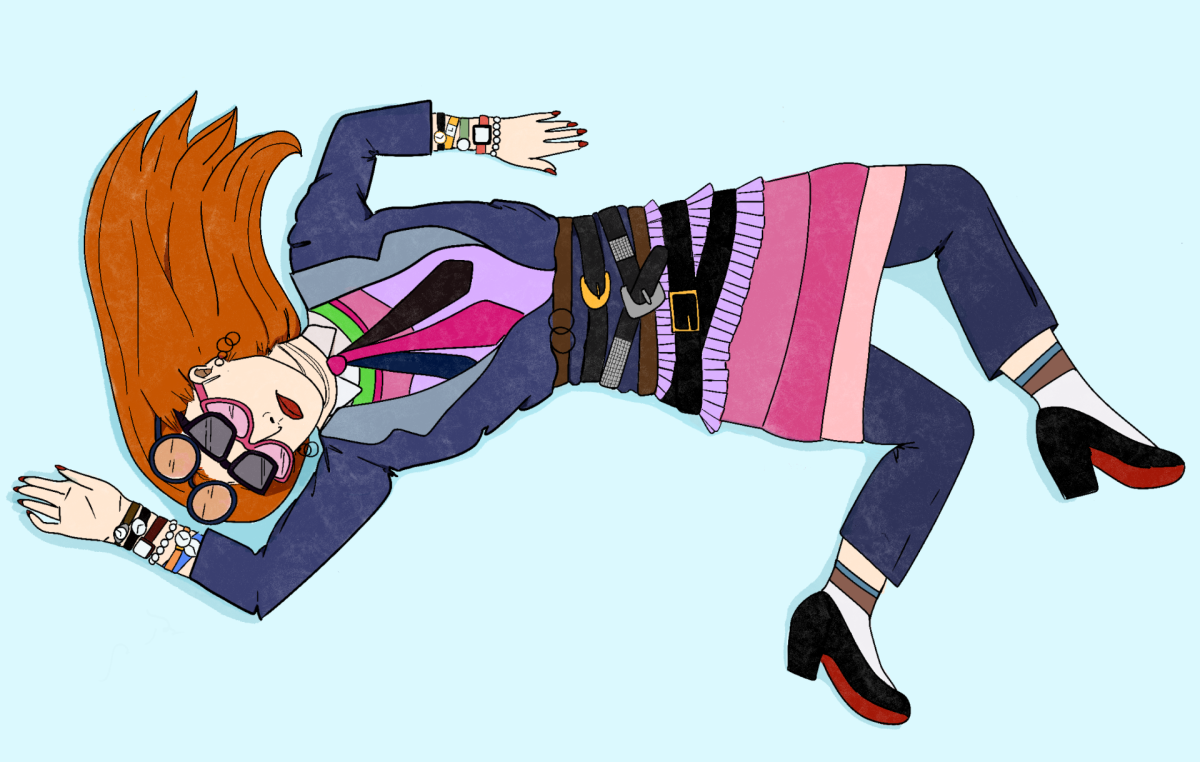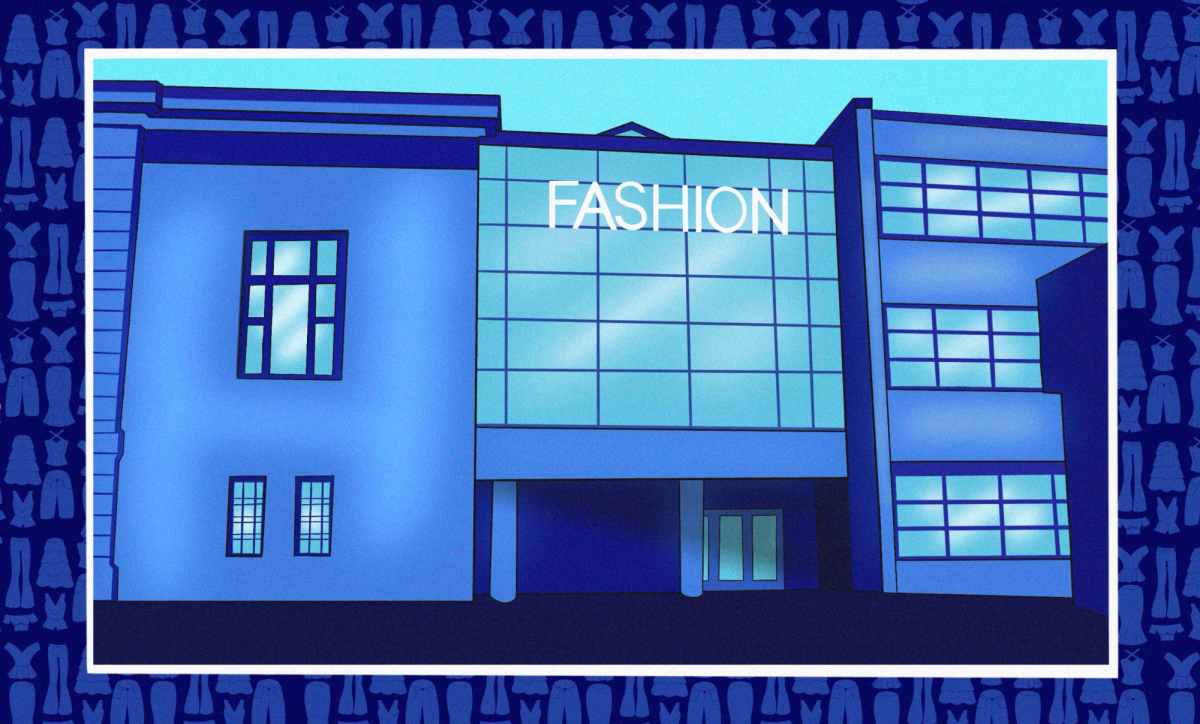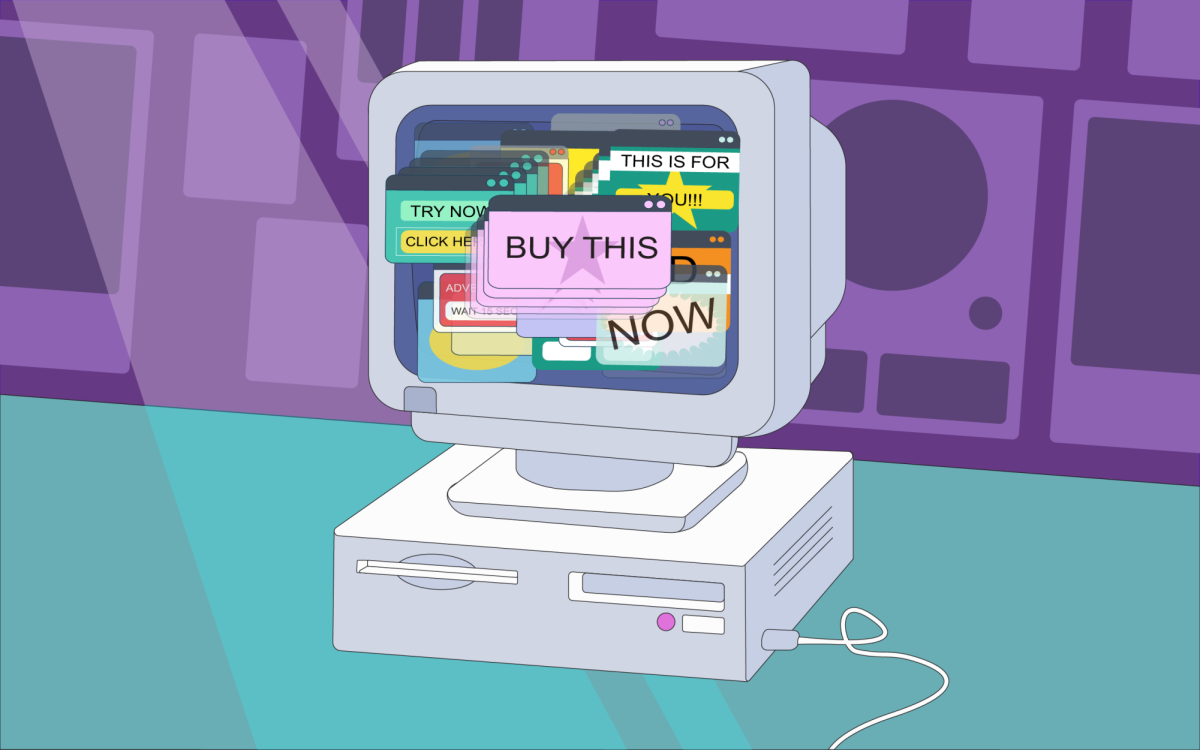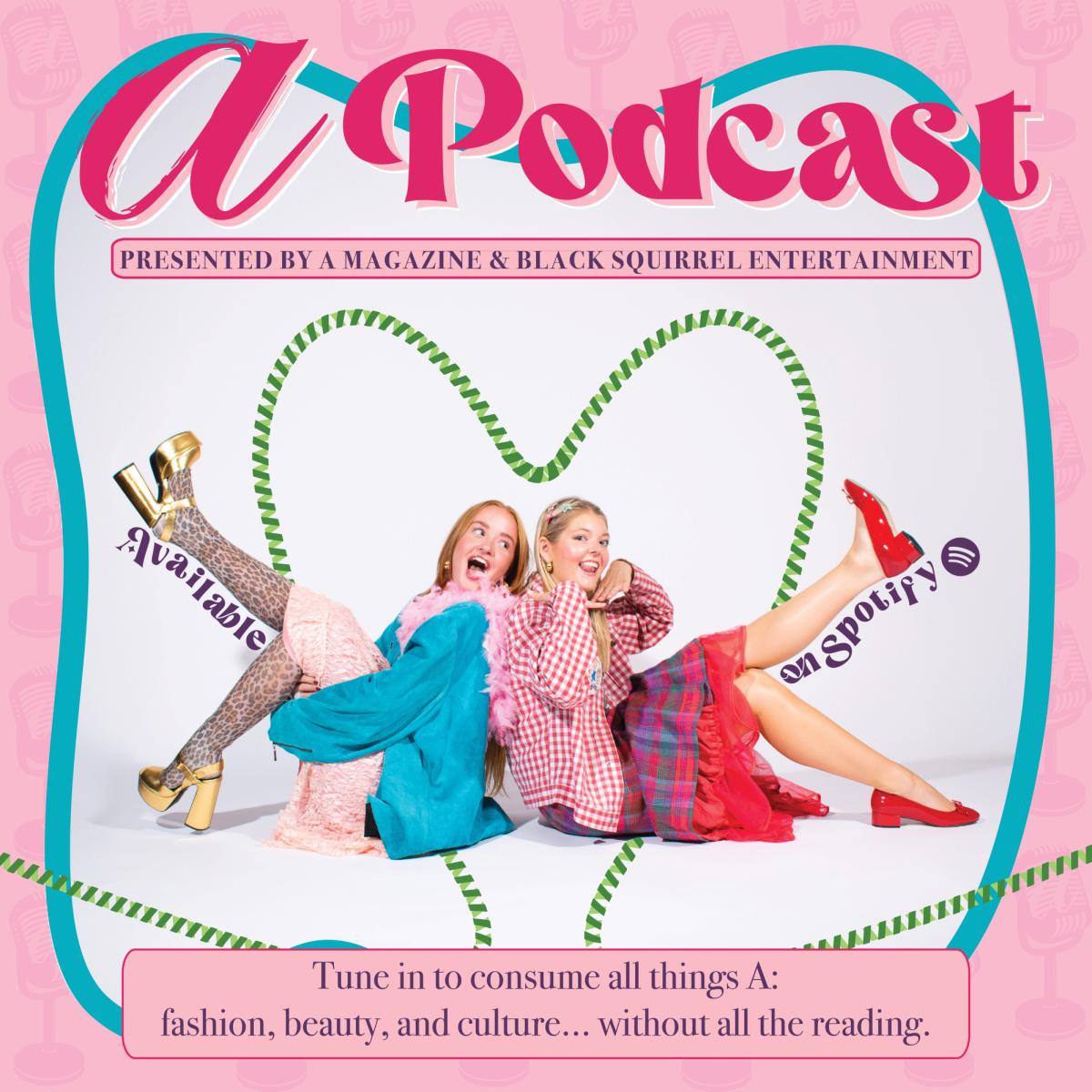Barbie dolls, Play-Doh and LEGO sets are apparently in the past, and we better keep up with it.
Lately, people have been alarmed on social media seeing 10-year-olds coming into Sephora stores looking for specific anti-aging products or makeup and making a complete mess. From making crazy potions with the testers to wasting products, to frequent tantrums justifying why they need the Drunk Elephant Bronzing Drops, they see Sephora stores as an extension of their playground and won’t stop until they apply every product to their faces. Despite it being extremely annoying, they are not to blame because they are kids and, without limits, they will do whatever they want. Instead, the real problem lies in how the adults who are responsible for these kids, society and social media are failing them.
Sephora is a worldwide chain with a target customer of middle and upper-class women; therefore, the first question that arises when discussing 10-year-olds shopping at Sephora is: Where are they getting their money from? Assuming they aren’t coming out of their nine-to-five’s to buy products at Sephora, a store that is not specifically known as being affordable, the only possibility they could afford anything would be their responsible adults funding these beauty purchases.
While it’s tempting to solely blame the children for their behavior in stores like Sephora, the responsibility ultimately falls on the shoulders of the adults in their lives. Being responsible for a kid is a serious task, and they should be worried about their children going into a store that is not for their age and buying products that are discouraged for their young skin. Most of the products these children are seeking can also cause damage to their skin and accelerate the aging process. Therefore, parental control is essential and should be the first reason why kids should limit their shopping at Sephora.
It’s not just a matter of kids playing with makeup; there are real concerns about the impact these products can have on their skin. Many popular beauty products contain ingredients that can be harsh and damaging, especially for delicate skin. Take, for example, certain anti-aging products that boast powerful ingredients meant to combat wrinkles and fine lines. While these may be effective for adults, they can wreak havoc on a child’s skin, causing irritation, breakouts and even accelerating the aging process in the long run.
The second big question that arises when discussing this issue is why are these little kids running to Sephora and stockpiling products they don’t need. The simplest answer is that they do not have anywhere else to go, and they see their favorite influencers on social media doing it.
With the pandemic forcing many stores and places that used to host fun activities for pre-teens to shut down, these kids don’t have places to hang out outside of their homes and schools. It gets even worse with online flash games not working anymore, leaving them with zero online space. Companies are not interested in making free browser games anymore and, instead, they invest in multiplayer games that survive on microtransactions and sometimes are full of predators. With no physical or online place to find refuge, they end up hanging out at stores and copying the influencers they see online. However, they are kids so they will make a mess because that is what they do. The real problem is their skin health being affected by using products that are not intended for their age range.
It is no use blaming all these problems on the internet and saying that influencers are manipulating kids into buying skin-care products because these people do not make content for kids in the first place. Of course, these pre-teens don’t want to go to Claire’s because their favorite influencer doesn’t go, and they don’t want to be kids doing childish things because the references they admire don’t do that. This relentless exposure to curated images of beauty can create unrealistic expectations and fuel a desire for products that may not be appropriate for their stage of development. Kids these days grow up at lightning speed due to this phenomenon, and the days of LEGOS and Barbies are replaced by moisturizers and toners.
It all comes down to the content these kids have access to, bringing us back to parenting. It is absolutely difficult to raise a kid with responsible access to the internet because most parents just do not have the time to check everything their kid does online. However, there should be more concern about their internet activity because most of the time they are in online environments that they aren’t even allowed to be in. For example, TikTok says that the minimum age for a user is 13 years old, still they never request any age verification when signing up, further contributing to the consumption culture that is plaguing our pre-teens.
Without age verification measures, children can easily access content intended for older audiences, exposing them to inappropriate material and potential dangers. From cyberbullying to encountering online predators, the risks of unsupervised internet usage are infinite. It’s essential for parents to supervise and protect their children from these digital threats.
Maybe it’s time we stop mocking kids on social media for “embarrassing themselves” at Sephora and ruining the sanctity of the store, and realize they are being neglected by losing their space to be pre-teens. Consequently, none of this is possible if there isn’t close parental control of the content kids consume. The internet was never a safe space, but it would be nice if Sephora could be. With safe online and physical environments, responsible parenting and references that are adequate for 10-year-olds, kids will surely be able to go back to being kids again, and you will surely have access to your Drunk Elephant Bronzing Drops (if they haven’t run out of stock again).
Support Student Media
Hi! I’m Annie Gleydura, A Magazine’s editor-in-chief. My staff and I are committed to bringing you the most important and entertaining news from the realms of fashion, beauty and culture. We are full-time students and hard-working journalists. While we get support from the student media fee and earned revenue such as advertising, both of those continue to decline. Your generous gift of any amount will help enhance our student experience as we grow into working professionals. Please go here to donate to A Magazine.

